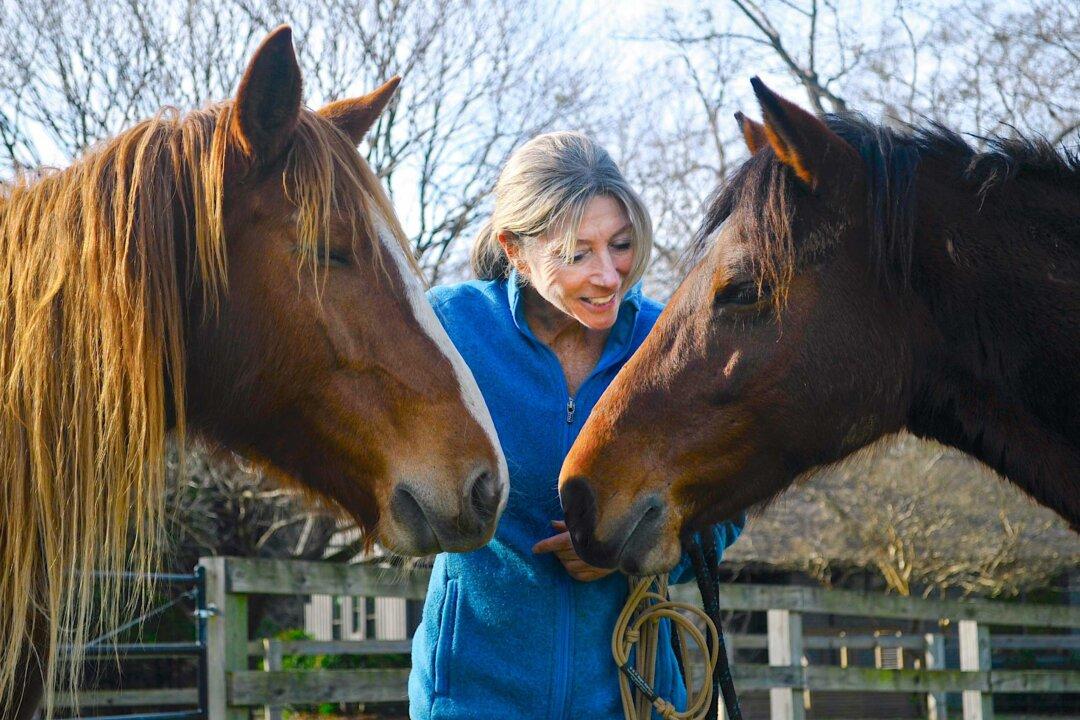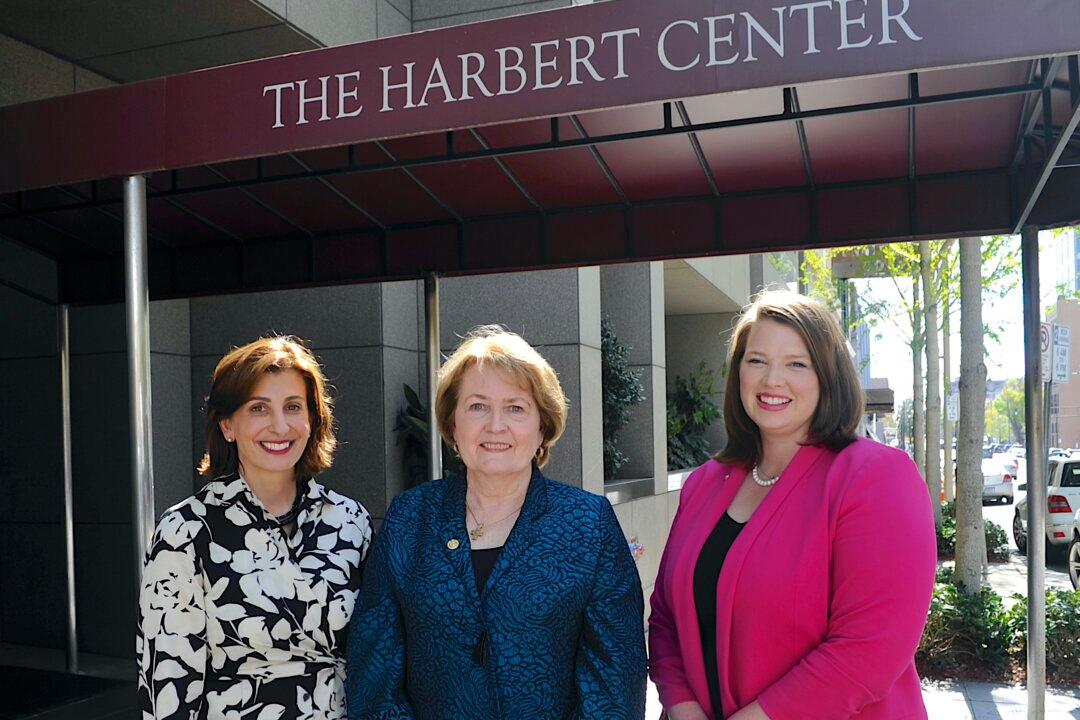All it took was a worn-out and wooden kitchen stool.
When Patricia “Sister” Schubert was a child, she climbed onto a rickety stool and helped her grandmother, whom she called Grammy, make bread rolls. She learned from an early age that food not only fills your hungry stomach but has the power to bring families together. Since 1989, folks from all walks of life have come together over Sister Schubert’s rolls, a staple at many Southern dining tables.
Sister—she got that nickname because in childhood, her older sister had trouble pronouncing her name—sat in a comfortable chair at her beautiful antebellum home in Andalusia, Alabama, to tell the story of her famous rolls. A charming woman with a gentle demeanor and endearing eyes, she carries herself with the poise of someone who’s not in a hurry, another Southern attribute she embodies. Her smile is genuine, and her humility is magnetic.





